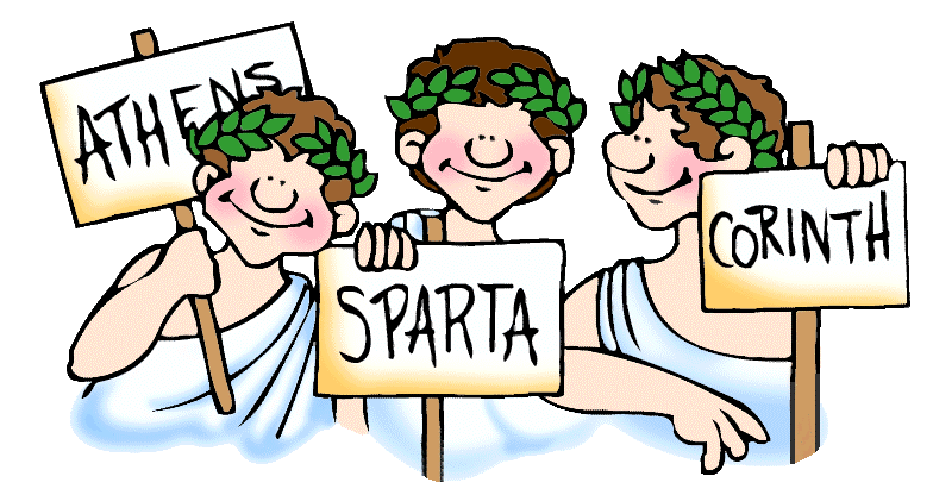Introduction-Ancient Olympic

The Olympic Games
The legend says that the ancient Olympic Games were founded by Heracles, the son of Zeus. In fact, we donít know exactly when they were founded but the first recorded Games were held in 776 BC. These ancient Olympics were held every four years until 393 AD when they were abolished by the Roman emperor Theodosius I. He was a Christian and believed that the Games were pagan and therefore unacceptable in a Christian Europe.
They were revived 1500 years later by a Frenchman called Pierre de Coubertin in an attempt to get his countrymen interested in sport. Thanks to Coubertinís efforts, the first modern Olympic Games were held in Athens in 1896 and 300 athletes from thirteen countries participated.
The sports represented at these very first Olympics were sprinting, pole vaulting, shot put, weight lifting, swimming, shooting, tennis, marathon, gymnastics and cycling. The swimming events were held in the Aegean Sea and the athletics in the ancient marble Panathinaiko Stadium which had been specially restored for the occasion.
Since then, the Games have been held every four years, excepting the war years when they were cancelled, and they have continued to grow in both size and importance. In 2004 they returned to Athens to commemorate the 100th anniversary of the modern Olympics.

